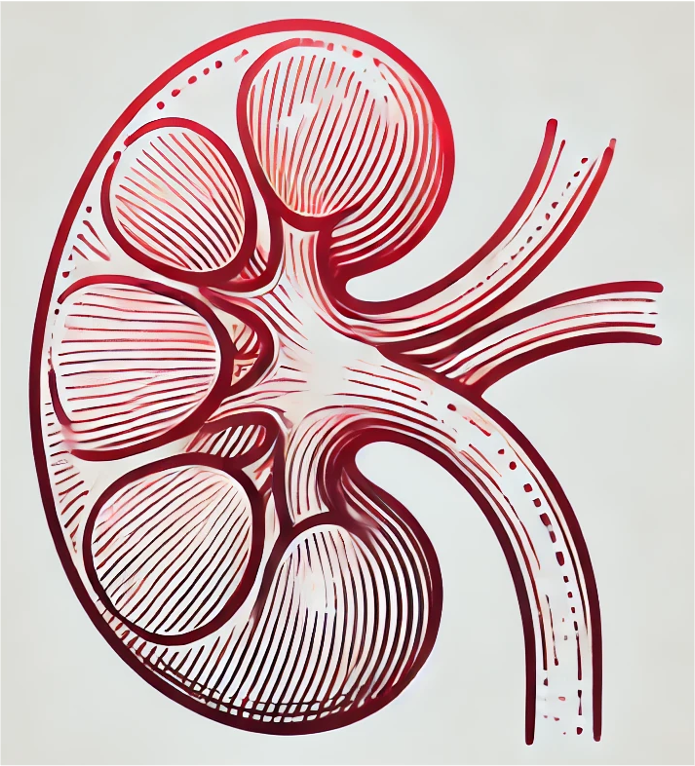Description
Patients with chronic kidney disease (CKD) are at markedly increased risk of disability, hospitalization, and death. Impaired physical function, which is common in CKD, is a major risk factor for these poor outcomes. CKD patients perform substantially below age-predicted norms on a variety of clinically relevant physical performance tests. Altered muscle physiology is an important cause of these functional deficits. We recently described skeletal muscle fibrosis in the vastus lateralis muscle of patients with severely impaired kidney function. Greater severity of fibrosis was associated with lower leg extension strength and reduced endurance capacity, suggesting that muscle fibrosis in CKD patients is functionally significant. An important unanswered question is whether muscle fibrosis in CKD is a slowly progressive process beginning with early loss of kidney function, or a complication observed only with severe disease. Here, we examined the associations of estimated glomerular filtration rate (a measure of kidney function) with measures of fibrosis across a broad range of kidney function, and tested the effect of receiving treatment with dialysis. We also integrated muscle transcriptomic analyses to provide further insight into this novel aspect of muscle pathology in CKD.
Overall Design
The subject population of this study has been previously described [PMID: 30280599]. Subjects were recruited from a prospective cohort study of CKD patients not receiving dialysis treatment at the time of recruitment (estimated glomerular filtration rate [eGFR] <30 mlmin11.73 m2). Eligible patients were 21 years of age and competent to provide informed consent for study participation. Exclusion criteria included lower extremity amputation, use of immunosuppressive medication in the previous 3 mo, and current cancer diagnosis and/or treatment.
Curator
xm_li
